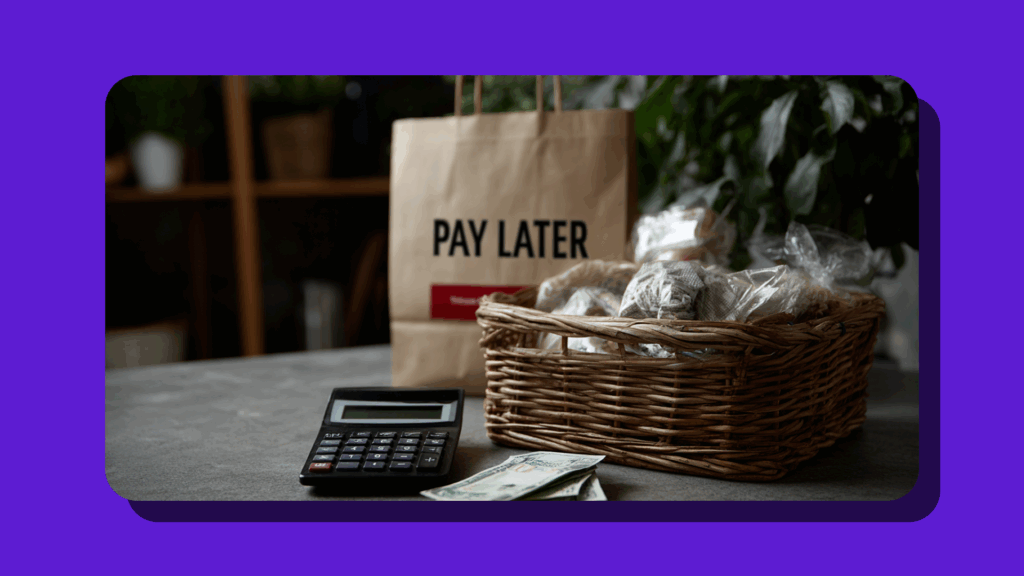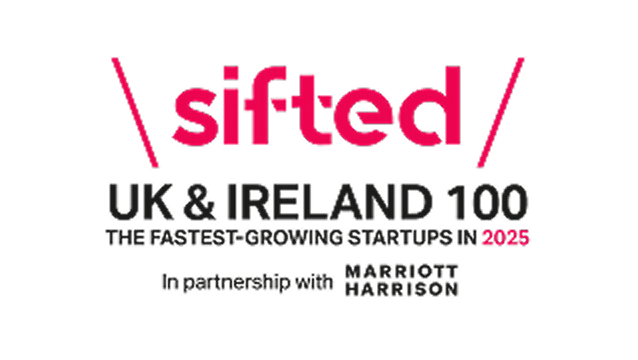Latest BNPL instalment options could increase debt-related stress by 17%
The top hidden risks of BNPL instalment plans, including debt-related stress
- Instalment plans are letting banking customers split credit purchases into monthly payments, marketed as interest-free and convenient.
- However, this BNPL-style borrowing can encourage bigger spending and increase financial stress, according to data.
- Updraft Founder shares the top 5 hidden costs of ‘Buy Now, Pay Later’, compared to other credit.
With BNPL style borrowing is woven seamlessly into tools as ubiquitous as Apple Pay, it becomes easy to overextend subtly. These instalment options, letting customers split purchases over £100 into interest-free monthly payments, may feel helpful, but it’s a textbook example of how ‘simple’ credit can be more harmful than it seems.
Data shows that 39% of BNPL users report negative effects on their health, relationships, or work, compared with 22% of those with other credit – a 17 percentage point difference. This demonstrates that BNPL-style borrowing can carry real consequences, even more than traditional credit.
In light of this, Aseem Munshi, the Founder of Updraft, experts in helping people pay off credit card debt and manage their consumer credit, shares how the latest instalment of the BNPL model could carry hidden costs.
A BNPL model disguised as banking convenience
Aseem explains what the offer really means:
“Banks’ move to instalment features lets eligible users spread the cost of qualifying purchases over 3, 6, or 12 months interest-free, with a fixed fee to pay. Latest offerings can appear at Apple Pay checkout, and the setup happens instantly with no need for a new app or additional accounts required.
“Yet these new setups mimic “Buy Now, Pay Later” (BNPL) schemes, which let buyers postpone full payment through instalments. While traditionally offered by fintechs, banks are increasingly offering similar options embedded in everyday banking, accelerating borrowing risks even further.”

“When borrowing is presented as a simple convenience feature rather than a serious financial commitment, consumers lower their guard. This normalisation of debt encourages overspending and unforeseen financial strain under the guise of flexibility.“
Aseem Munshi
Updraft Founder & CEO
When convenience becomes risk: The 5 hidden costs of instalment plans
While ‘interest-free’ sounds appealing, the true danger lies in the subtle psychology and financial strain these products can create, as Aseem explains:
1. “Personal well-being is at stake. Nearly 39% of people with BNPL debt report that credit has recently harmed their health, relationships, or work, compared to just 22% of those with any outstanding credit 1. The difference between users of BNPL compared to other traditional methods of credit usage show how emotionally and socially destructive this type of debt can be.
2. “Compound credit burden is another risk. Across the UK, 10% of adults had already carried BNPL debt, and among those, 30% hold two or more loans to help, while 14% have three or more credit loans. A striking 87% of BNPL users also carry at least one other type of consumer credit 1. The risk isn’t just BNPL, it’s how easily it becomes part of a web of debt.”
3. “The £100 threshold encourages bigger spending. Some instalment plans only apply to purchases over £100. While intended to target larger purchases, the threshold can subtly encourage shoppers to increase spending just to qualify. What might have been a £90 purchase suddenly becomes £120, simply because splitting the cost feels manageable.
4. “Fees are still a cost. Even though some plans are marketed as interest-free, there can be a fixed monthly fee of 1.5-8% of the total purchase within these offers, depending on the repayment term. For a £600 purchase over twelve months, this could add up to an extra £48. Small at first glance, but when combined with multiple purchases, these fees accumulate quickly and can exacerbate financial stress.
5. “Potential impact on your credit score. Users must remember that even interest-free instalments count as borrowing and will soon be a regulatory requirement for lenders to report BNPL payments to credit reference agencies ². If you take multiple plans or increase your card usage to meet the £100 minimum required by some of these offerings, your overall credit utilisation rises, which can lower your credit score temporarily. Over time, multiple active instalment plans may make you appear riskier to lenders, potentially affecting future loans or mortgage applications.”
Aseem concludes: “Borrowing isn’t neutral. Even when it’s marketed as seamless or cost-free, financial decisions should always give you pause.”
Final Thought
Want to take control of your money? If you’re looking to consolidate credit card debt and cut down on high interest, download the Updraft app today.
About Updraft
Updraft is an FCA-authorised lender and UK-based fintech aiming to help people swap financial stress for a little more headspace. We blend clever tech with practical tools – including ways to help manage and structure borrowing – designed to make money management feel less like a chore and more like getting your life back on track. Find out more about how we’re rethinking borrowing and money management at updraft.com.



